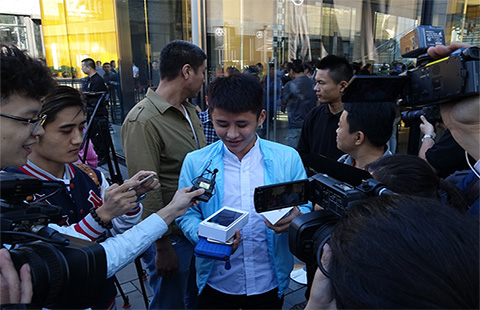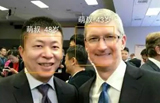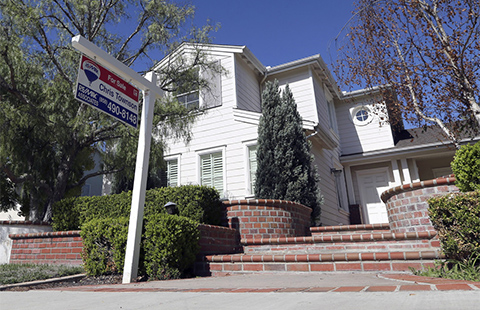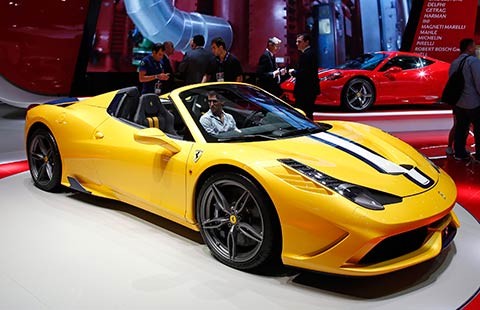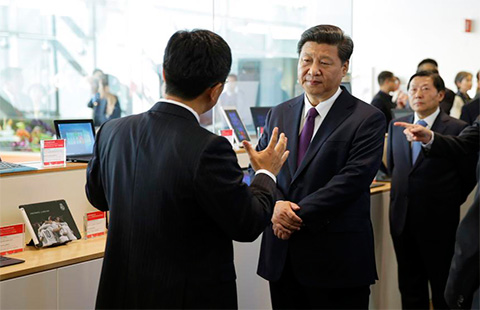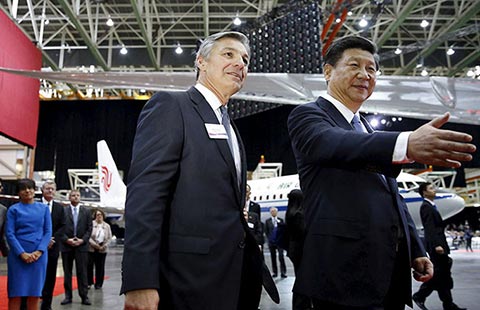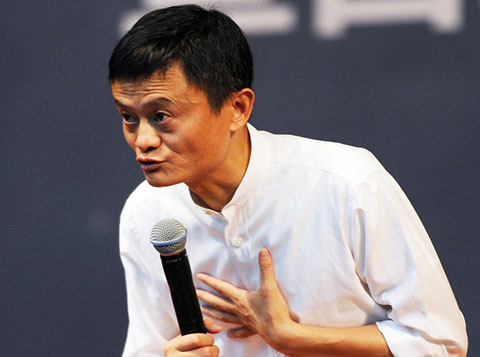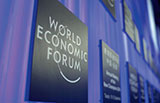Chinese cities vie to become auto capitals despite slowing sales
(Xinhua) Updated: 2015-09-22 11:11Building race
Rising incomes have fueled an auto-buying boom in China. As major domestic automakers rush to cash in, foreign companies are eyeing expansion projects with local partners, adding to competition in the world's biggest auto market.
Chongqing, located 1,000 kilometers upstream from Wuhan on the Yangtze, also claims to be Detroit of the East. Auto production in the southwestern municipality reached 2.6 million units last year. Its total capacity will top 4 million in 2017, according to local authorities.
Much of the increase will be contributed by the local Chang'an Auto Group and its joint venture with Ford Motor Co, as well as from newcomers like Beijing Hyundai Motor Co. The South Korean carmaker's joint venture is simultaneously constructing its fourth and fifth plants in Hebei province and Chongqing, hoping to increase Hyundai's capacity in China to 1.65 million units by 2018.
Sitting at the mouth of the Yangtze, Shanghai is home to SACI Motor Corp, which has partnerships with both Volkswagen AG and General Motors. With auto output standing at 2.4 million vehicles last year and automakers' regional headquarters gravitating to the city, Shanghai defines itself as a hub of automotive manufacturing and R&D.
Boosted by investments from Shanghai Volkswagen and China Geely Group, the owner of Volvo Cars, the neighboring port city of Ningbo is also fast shaping up as an auto city with a projected capacity of 1 million units by 2018.
Other Chinese cities with annual output of more than 1 million units are Beijing, Changchun and Shenyang in the rust-belt northeast and Guangzhou in the south. In addition, each and every province along the Yangtze River between Shanghai and Chongqing has identified the auto industry as a "pillar industry."
Concerns
As China's economic growth moderates, its auto industry has encountered headwinds. Nationwide vehicle sales in the first eight months finished even with the year-earlier period and sales in July dropping to 7.1 percent to a 17-month low, according to the Chinese Automobile Manufacturers Association.
Automakers cut production in response to the sluggish demand. Shanghai GM built 7.1 percent fewer cars in August than it had a year earlier, while FAW Volkswagen, the German auto giant's other joint venture in China, gave its workers a long holiday, a move deemed to be an attempt to relieve inventory pressure.
- China Everbright launches e-commerce platform
- China to promote e-commerce to modernize agricultural sector
- An inside peek at new iPhones pick-up day in Beijing
- China to cut admin fees to relieve firms, individuals
- Data inspires and accelerates China and US cooperation
- How to benefit from mobile technology
- United hopes state visit to enhance biz ties
- US-China understanding benefits the world
